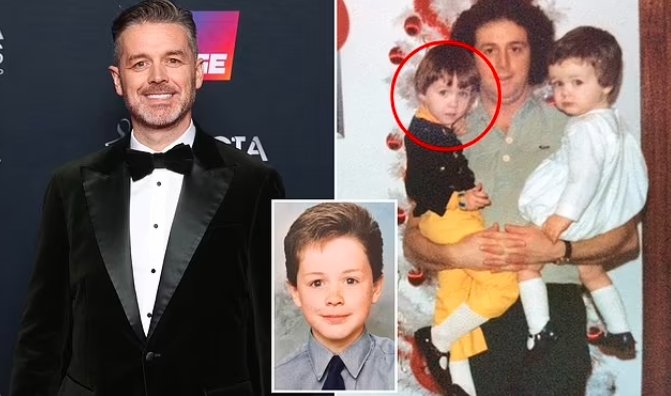In a small town in Scotland, a man carries the weight of a childhood tragedy that has long since passed but never faded. Branded a “murderer” over his brother’s accidental death, he seeks to clear his name and share his story of sorrow and survival.
The Incident That Shook a Family
It was a day like any other in the quiet life of two young brothers, filled with the innocence of childhood and the bond of blood. But in a single moment, their lives were forever changed. A tragic accident, a case of mistaken identity between medication and candy, led to the untimely death of the younger brother. The elder, merely seven at the time, found himself engulfed in a nightmare that would haunt him for decades.
The aftermath was a blur of confusion and grief for the family. Accusations flew, and the elder brother, instead of being embraced with support, was isolated by labels and whispers. The community’s perception of him shifted overnight, and he became an outcast in his own home.
Years passed, but the shadow of that day never lifted. The brother grew up with a tarnished reputation, his every action viewed through the lens of that one fateful mistake. The label of “murderer” clung to him, a scarlet letter he could never shed, no matter how far he ran or how much he changed.

The Struggle for Redemption
As the years turned into decades, the man fought to rebuild his life, to find some semblance of normalcy amidst the chaos of his past. He worked tirelessly to prove his worth, to show that he was more than the sum of his darkest day. Yet, the whispers never ceased, the stares never softened, and the doors of opportunity often remained closed.
He became a father, hoping to find redemption in the eyes of his children, to give them the life he could never have. But the past has a way of echoing into the present, and he found himself facing the same accusations, this time from those who should have been his support system.
The man’s quest for redemption was not just about clearing his name, but about reclaiming his identity. He sought to show the world that he was not defined by a single, tragic incident, but by the strength he had shown in its aftermath.
A Plea for Understanding
Now, standing at the crossroads of his life, the man makes a public plea for understanding. He shares his story not for sympathy, but for closure. He speaks of the pain, the loneliness, and the unyielding burden of guilt that was thrust upon him.
He reaches out to a society that was quick to judge and slow to forgive, asking for the chance to be seen as he truly is—a survivor, not a villain. He asks for the chance to live without the heavy chains of the past dragging him down.
This is not just the story of one man; it is a reflection of our own humanity. It is a call to look beyond the surface, to understand before we condemn, and to offer compassion where there has been none.


















